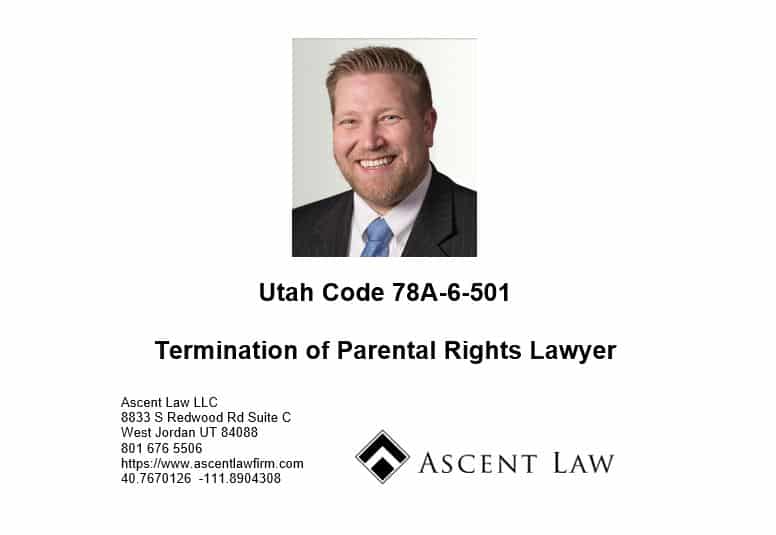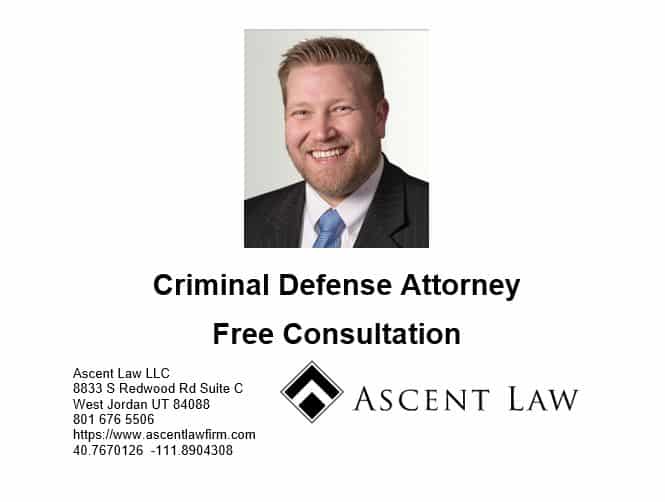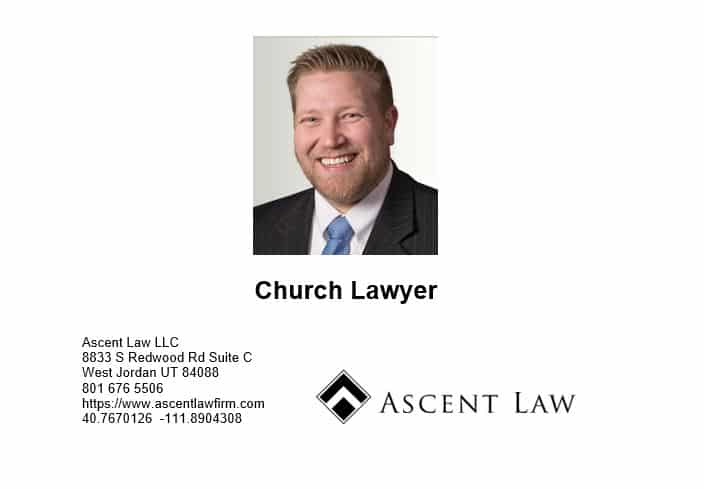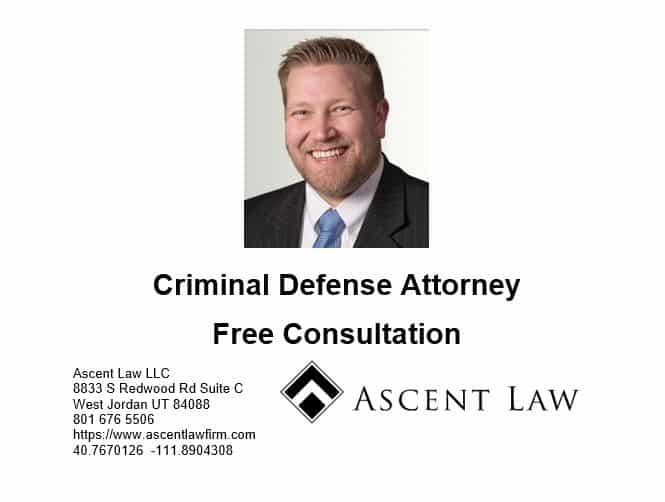
A good estate plan consists of many different components, including what happens to your assets and who should act on your behalf if you are unable to. At a bare minimum, there should be two main components: a last will and testament and a durable power of attorney. In addition to these parts, you can add things such as a trust and even medical directions.
Last will and testament
A will gives you the power to decide what is in the best interests of your children and pets after you’re gone. It also can help you determine what will happen to possessions with financial or sentimental value. It typically names an executor someone who will be in charge of following your directions. Finally, you can include any funeral provisions. Use your will to name guardians for those under your care, including minor children and pets. Designate any assets you are leaving for their care. In the absence of a last will and testament, a probate court will name an executor typically a spouse or grown child for your estate. Probate proceedings are a matter of public record. So keep private information passwords, for example — out of your will, as that information could become part of a public document.
Revocable living trust
A living trust is another tool for passing assets to heirs while avoiding potentially expensive and time-consuming probate court proceedings. You name a trustee perhaps a spouse, family member or attorney to manage your property. Unlike a will, a trust can be used to distribute property now or after your death. If you have substantial property or wealth, a trust can provide tax savings.
Beneficiary Designations
When you purchase life insurance or open a retirement plan or bank account, you’re often asked to name a beneficiary, which is the person you want to inherit the proceeds when you die. These designations are powerful, and they take precedence over instructions in a will. Keep beneficiary designation papers with your estate planning documents. Review and update them as your life changes.
Durable Power Of Attorney
A durable power of attorney allows you to choose someone to act on your behalf, financially and legally, in the event that you can’t make decisions. Don’t put off this chore. You must be legally competent to assign this role to someone. Older people worried about relinquishing control sometimes put off the task until they are no longer legally competent to do it.
Health Care Power Of Attorney And Living Will
To ensure that someone can make medical decisions for you in the event you become incapacitated, establish a health care power of attorney also called a durable health care power of attorney. This is different from the previously mentioned durable power of attorney for financial and legal affairs. A living will lets you explain in advance of your death what types of care you do and do not want, in case you can’t communicate that in the future. It’s strictly a place to spell out your health care preferences and has no relation to a conventional will or living trust, which deals with property. You can use your living will to say as much or as little as you wish about the kind of health care you want to receive.
Digital Asset Trust
You can use a digital asset trust to decide what to do with your electronic property, including your computer hard drive, digital photos, information stored in the cloud and online accounts such as Facebook, Yahoo, Google and Twitter. Create a separate list of your passwords.
Letter Of Intent
For instructions, requests and important personal or financial information that don’t belong in your will, write a letter. Use it to convey your wishes for things you hope will be done. For example, you may have detailed instructions about how you want your funeral or memorial service to be performed. No attorney is needed. The letter won’t carry the legal weight of a will.
List Of Important Documents
Make certain your family knows where to find everything you’ve prepared. Make a list of documents, including where each is stored. Include papers for:
• Life insurance policies
• Annuities
• Pension or retirement accounts
• Bank accounts
• Divorce records
• Birth and adoption certificates
• Real estate deeds
• Stocks, bonds and mutual funds
Make a will
In a will, you state who you want to inherit your property and name a guardian to care for your young children should something happen to you and the other parent.
Consider a trust
If you hold your property in a living trust, your survivors won’t have to go through probate court, a time-consuming and expensive process.
Make health care directives
Writing out your wishes for health care can protect you if you become unable to make medical decisions for yourself. Health care directives include a health care declaration (“living will”) and a power of attorney for health care, which gives someone you choose the power to make decisions if you can’t. (In some states, these documents are combined into one, called an advance health care directive.)
Make a financial power of attorney
With a durable power of attorney for finances, you can give a trusted person authority to handle your finances and property if you become incapacitated and unable to handle your own affairs. The person you name to handle your finances is called your agent or attorney-in-fact (but doesn’t have to be an attorney).
Protect your children’s property.
You should name an adult to manage any money and property your minor children may inherit from you. This can be the same person as the personal guardian you name in your will.
File beneficiary forms
Naming a beneficiary for bank accounts and retirement plans makes the account automatically payable on death to your beneficiary and allows the funds to skip the probate process. Likewise, in almost all states, you can register your stocks, bonds, or brokerage accounts to transfer to your beneficiary upon your death.
Consider life insurance
If you have young children or own a house, or you may owe significant debts or estate tax when you die, life insurance may be a good idea.
Understand estate taxes
Most estates more than 99.7% won’t owe federal estate taxes. Also, married couples can transfer up to twice the exempt amount tax-free, and all assets left to a spouse (as long as the spouse is a U.S. citizen) or tax-exempt charity is exempt from the tax.
Cover funeral expenses.
Rather than a funeral prepayment plan, which may be unreliable, you can set up a payable-on-death account at your bank and deposit funds into it to pay for your funeral and related expenses.
Make final arrangements.
Make your end-of-life wishes known regarding organ and body donation and disposition of your body burial or cremation.
Protect your business.
If you’re the sole owner of a business, you should have a succession plan. If you own a business with others, you should have a buyout agreement.
Store your documents.
Your attorney-in-fact and/or your executor (the person you choose in your will to administer your property after you die) may need access to the following documents:
• Will
• Trusts
• insurance policies
• real estate deeds
• certificates for stocks, bonds, annuities
• information on bank accounts, mutual funds, and safe deposit boxes
• information on retirement plans, 401(k) accounts, or IRAs
• information on debts: credit cards, mortgages and loans, utilities, and unpaid taxes
• information on funeral prepayment plans, and any final arrangements instructions you have made.
If you die without a will, the state law (e.g. probate court) dictates how your property is distributed. The court will also decide who will be your executor and who will be named the guardian for your children. Without a will, depending on how complex your estate is, the probate process could take a long time, often years. Which just creates an additional challenge for your family when they’re grieving? A will makes this process go faster. The bills can add up quickly court costs, probate expenses, fees for attorney, accounting, and appraisal. These can take a chunk of your estate. Having a will in place, especially combined with a trust, often significantly reduces probate expenses. Figuring out where to put your estate planning documents is critical. Why? Because you want it to be easy for someone to find them after you die. Wherever you put them, a trusted relative or friend should be made aware of their location.
Potential places for storage of estate planning documents include:
• Fireproof and waterproof at-home safe.
• Safe deposit box at a bank. Keep in mind, though, that a surviving loved one or friend might have a hard time retrieving documents stored in your safe deposit box. That’s because the bank might require a court order to open the box after you die.
• Probate court or court administrator’s office in your community. This can be done at no charge or a small fee.
• Office of the attorney who prepared the documents.
• Online document storage service.
How Do You Store Important Files Digitally?
Thanks to technology, you can store estate planning documents and other important records digitally. Among the options for digital storage:
• Cloud-based platform like Dropbox, Google Drive or Microsoft OneDrive.
• A portable storage device like a USB drive or external hard drive store in a safe location.
• Document management system, which is software that stores and organizes your records.
If you decide to store estate planning documents on your computer, be sure to encrypt the files where they’re kept. Encryption lets you lock out people who aren’t authorized to access the documents. Usually, a special password will be needed to access encrypted files. You’ll want to share the password with the executor of your estate. It may be wise to also share it with a trusted loved one or a friend in case your executor cannot carry out their duties. Estate planning can give you peace of mind by specifying how you want your wishes to be carried out after you die, such as who you want to have your assets. But to preserve that peace of mind, you should store your estate planning documents in a safe place. In addition, you should make sure it is known where these documents are stored and how to access them. You won’t be able to provide that help after you’re gone, and an estate plan does no good if it’s lost.
Importance Of Original Estate Planning Documents
A decedent’s original will is required to commence probate. Without the original it may be difficult to impossible to probate the decedent’s estate according to the terms of the missing will. When the terms of a missing will can be established, such as through a copy or a duplicate original, then one may try to probate the will that was lost in a fire. However, there is a presumption that if the original was last in the possession of a deceased testator who was competent until the time of death that the missing was revoked by the testator. Preserving an original will is, therefore, very important. Keeping the original in a bank safe deposit box is a good approach, provided someone has a key to the box or is named as a co-owner or co-signatory. With a key to the decedent’s bank deposit box and the decedent’s death certificate, the key holder, upon identification, can access the safe deposit and take possession of any original will. When the original will is retrieved, a copy of the will must be left in the safe deposit box (along with the rest of the contents), the original will must be lodged with the superior court in the county where the decedent resided at death. A copy must be mailed to the person named in the will as executor. Unlike a will, a decedent’s original trust document (with amendments) is neither required to be recorded with any county nor required to be submitted to the court where the decedent resided at death. Nonetheless, it is still best to safeguard the original trust. Normally, a trust and will are kept together. The same applies to any original Trustee Affidavits and Trustee Resignations documents. The original Power of Attorney to manage property, financial, and legal affairs must be maintained. The original is required to be presented at the proper county recorder’s office if the Agent seeks to transfer real property using the Power of Attorney. Other recipients may accept a certified copy of the original, but that process still requires presenting the original document to a notary public or a licensed attorney for copying and certification. Except for the county recorder’s office, the necessity to always present the original power of attorney can be greatly reduced by the power of attorney providing that an unverified photocopy is as good as the original. If the Power of Attorney provides that it is immediately effective when signed, the original document should be kept safe against abuse until such time as its proper use is needed. Some people keep the original Power of Attorney with a trusted person other than the agent with instructions that Custodian to provide the Agent with the Power of Attorney in the event of their incapacity.
Estate Planning Lawyer
When you need a Utah Estate Planning Lawyer, please call Ascent Law LLC for your free consultation (801) 676-5506. We want to help you.
8833 S. Redwood Road, Suite C
West Jordan, Utah
84088 United States
Telephone: (801) 676-5506
Recent Posts
What Should You Not Do During Divorce?
How Does Utah Child Support Find People?
What To Do After A Motorcycle Accident?
{
“@context”: “http://schema.org/”,
“@type”: “Product”,
“name”: “ascentlawfirm”,
“description”: “Ascent Law helps you in divorce, bankruptcy, probate, business or criminal cases in Utah, call 801-676-5506 for a free consultation today. We want to help you.
“,
“brand”: {
“@type”: “Thing”,
“name”: “ascentlawfirm”
},
“aggregateRating”: {
“@type”: “AggregateRating”,
“ratingValue”: “4.9”,
“ratingCount”: “118”
},
“offers”: {
“@type”: “Offer”,
“priceCurrency”: “USD”
}
}
Ascent Law St. George Utah Office
Ascent Law Ogden Utah Office
The post What Estate Planning Documents Should I Get? first appeared on Michael Anderson.
from Michael Anderson https://www.ascentlawfirm.com/what-estate-planning-documents-should-i-get/










